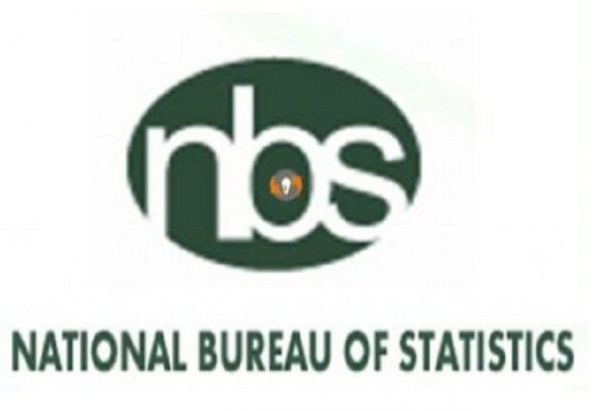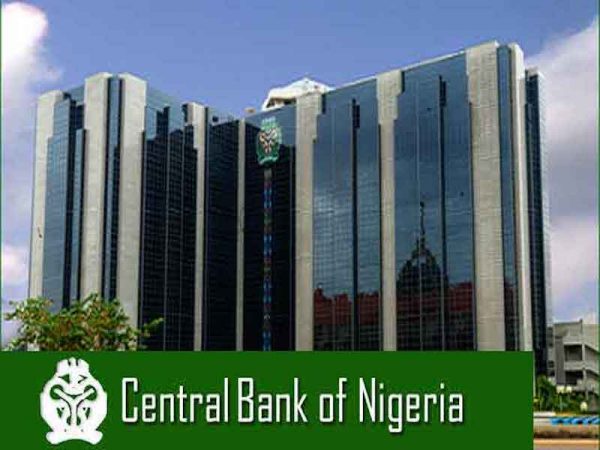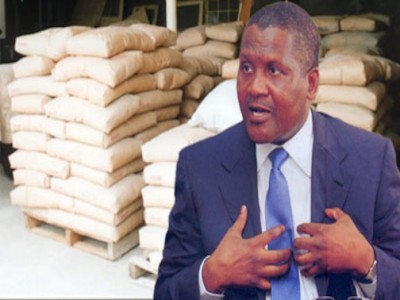FG Eyes $2bn From local dollar bond sale
Players in the economy have projected that the $2bn domestic FGN US dollar bond opening Monday would have an overall positive impact on the economy.
This was disclosed in separate chats with media source on Sunday.
At a hybrid roadshow in Lagos on Thursday, which was attended by the Minister of Finance and Coordinating Minister of Economy, Wale Edun, Director General of the Debt Management Office, Ms Patience Oniha, and other parties to the issue, the first series of $500m was announced.
According to a presentation done by the Managing Director of Investment Banking at United Capital, Dr Gbadebo Adenrele, the bond offering is targeted at pension funds, banks, as well as Nigerians living in the country, foreigners living in the country, and Nigerians living in the diaspora.
United Capital is the lead issuing house for the offering.
A mail from United Capital to market players indicated that the bond is targeting funds from “domiciliary accounts, diaspora remittances and foreign investments.”
It explained that dollar cash deposits would not qualify unless they were made into domestic accounts at least 30 days before the issue.
Analysts, who spoke with media, projected that the offering would boost the external reserves to help stabilise the Nigerian currency.
An economist with the School of Management and Social Sciences, Pan-Atlantic University, Professor Bright Eregha, said, “Currently, it is unclear of the price of the bond but it promises to have a positive effect. It will deepen the capital market and provide risk-free investment for citizens in the dollar-dominated form to curb forex risk for investors.
“For the country, it will lead to more. Foreign reserves to stabilise the naira, and provide funds to finance infrastructure needs. If it becomes successful, it provides an opportunity to build trust in the country and a further possibility to do more of such bond.”
A Professor of Capital Market at Nasarawa State University, Uche Uwaleke, observed in a commentary sent to our correspondent that bond issuance holds a lot of promise to investors and the economy in general in several ways.
Highlighting the potential, Uwaleke, who is also the President of Capital Market Academics of Nigeria, said, “It provides an opportunity to earn a risk-free return on investments given that dollar deposits with banks attract little or no interest, the interest payable to bondholders is exempt from income tax, and it allows retail and institutional investors to diversify their portfolios.
“It provides an alternative, cheaper source to meet the government’s financing needs in a period where the cost of servicing domestic debt is made more expensive by hawkish monetary policy. It should help to strengthen the naira since the dollars raised will be available for intervention in the forex market.”
He added that high demand for the debut bond would embolden the government to further explore the domestic dollar bond market, thus reducing its participation in the naira bond market, a development that would free up capital for the private sector.
The don pointed out that the bond offering would deepen the capital market following increased liquidity in the market on the back of the new asset class.
He noted, “My major concern with this bond issuance is that the tenor of five years seems ambitious. A two-year, short-term tenor, would have been better and less costly since this is a debut issuance designed to test the domestic market’s appetite for USD-denominated domestic bonds. It is instructive to note that when Ghana issued her first domestic dollar bonds in 2016, it had a 2-year tenor and was largely successful.
“Another concern stems from the need to ensure that the exercise does not, as noted by the IMF in its Article IV Consultation report, put further pressure on the naira since part of the plan is to bring onshore dollar liquidity to the official market, which could lead to market fragmentation, increase the cost of naira securities, and add to pressures on the naira.
“It is equally important to prevent a situation where the parallel market is made a source of funds invested in these bonds, which speaks to whether there are adequate safeguards concerning the Know Your Customer principles given the nature of the transaction. For Nigerians in the Diaspora in particular, a key consideration would be the effectiveness of the clearing and settlement infrastructure associated with the domestic dollar bonds issuance.”
The Managing Director/Chief Executive Officer of Arthur Steven Asset Management, Tunde Amolegbe, hinted at the possibility of the bond being oversubscribed.
“I think it is possible if you look at the universe of potential investors that will be eligible to participate. There is a report that says the USD held in domiciliary accounts in Nigerian banks is in excess of $20bn. This represents potential investors. There are also lots of very active FX-denominators mutual funds that are also potential investors.
“There are also Nigerians in the diaspora who are currently earning less than nothing on their investment and will find investing in this US Dollar bond quite attractive in terms of returns. Lastly, foreign portfolio investors are also not precluded from investing to the best of my knowledge and this should also boost patronage. So the chance of an oversubscription is possible.”
Both Edun and Adenrele maintained that the offering was an innovation that would boost the capital market in Nigeria and set an example in the West African region and on the continent.
Adenrele said, “This will prepare the way for lots of sovereigns in the region and the wider African continent. A lot of them always follow through on what Nigeria is doing. This can also be used by institutions and investors as collateral for securing credit and this develops the local capital market. This is impact investing, this is channelled at critical sectors that would impact the lives of people in general.”
Meanwhile, the Director-General of the DMO, while responding to questions about the participation of pension funds in the offering, said, “The investment guidelines allow pension funds to invest in Federal Government securities. Those of them managing dollar-denominated assets invest in Eurobonds. So, since Eurobond is not on the table now, they can bring the money to this.”







